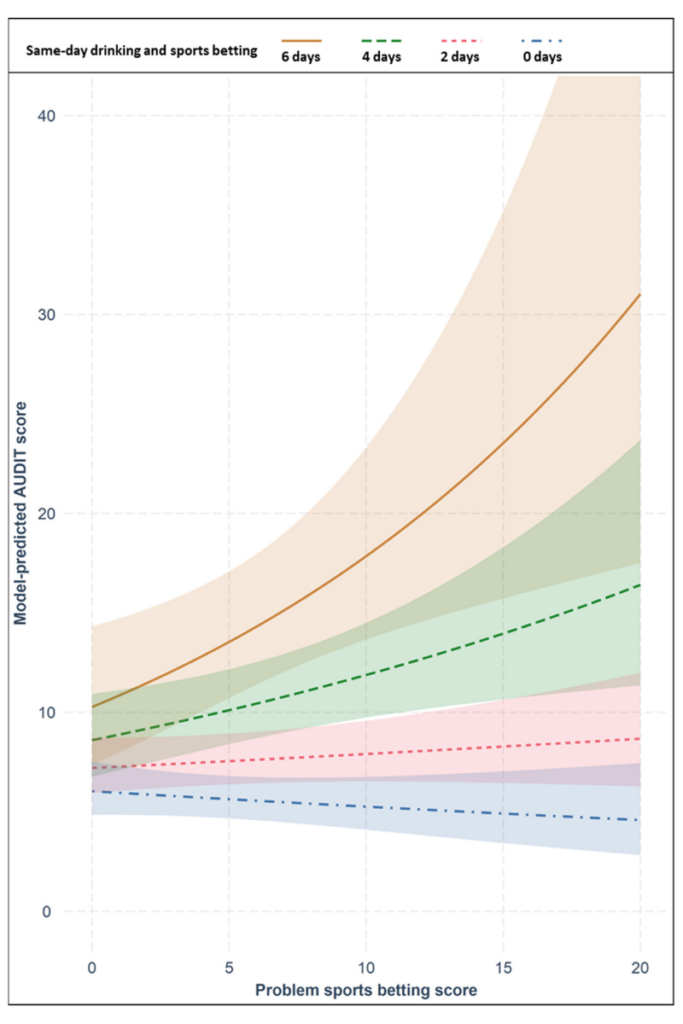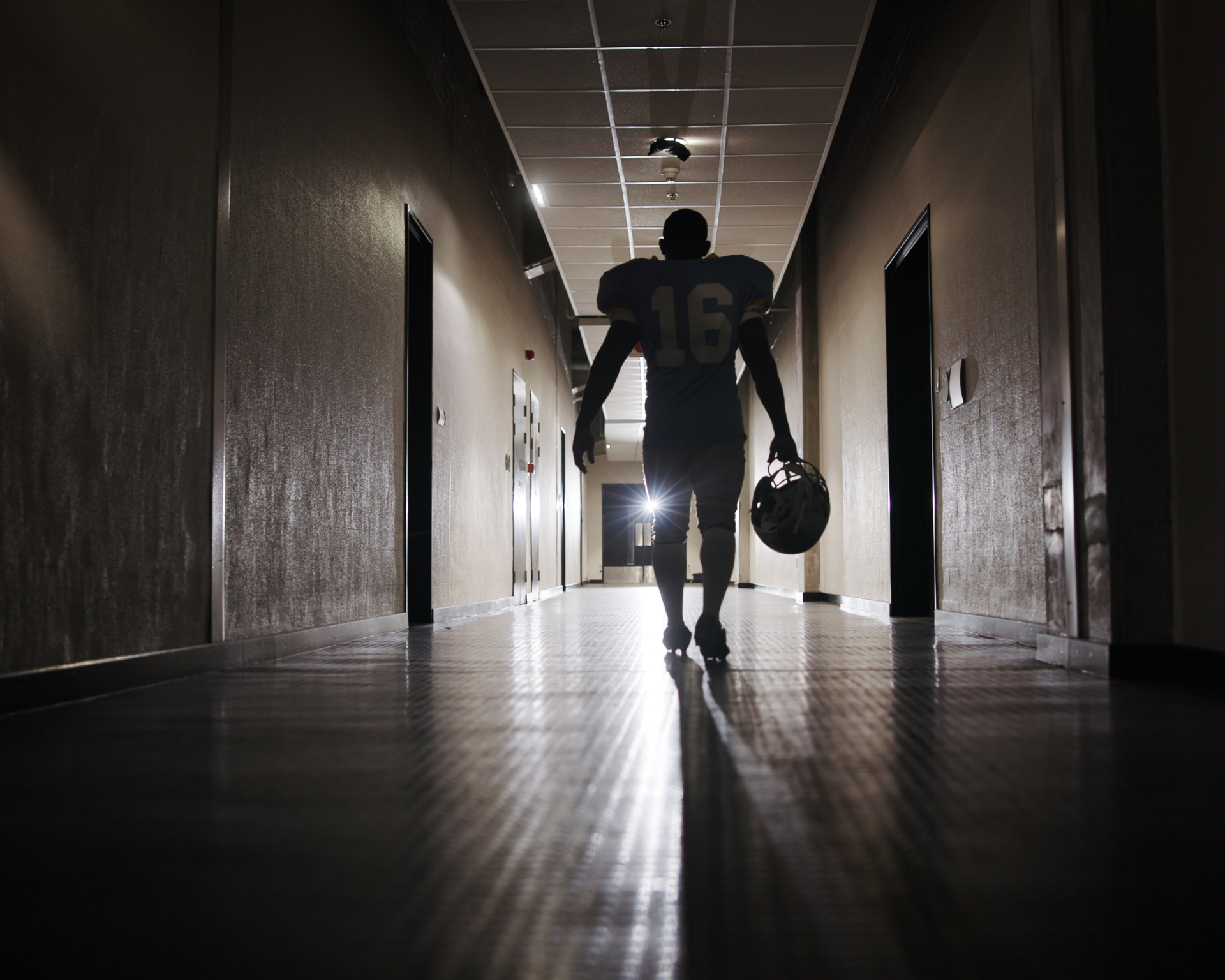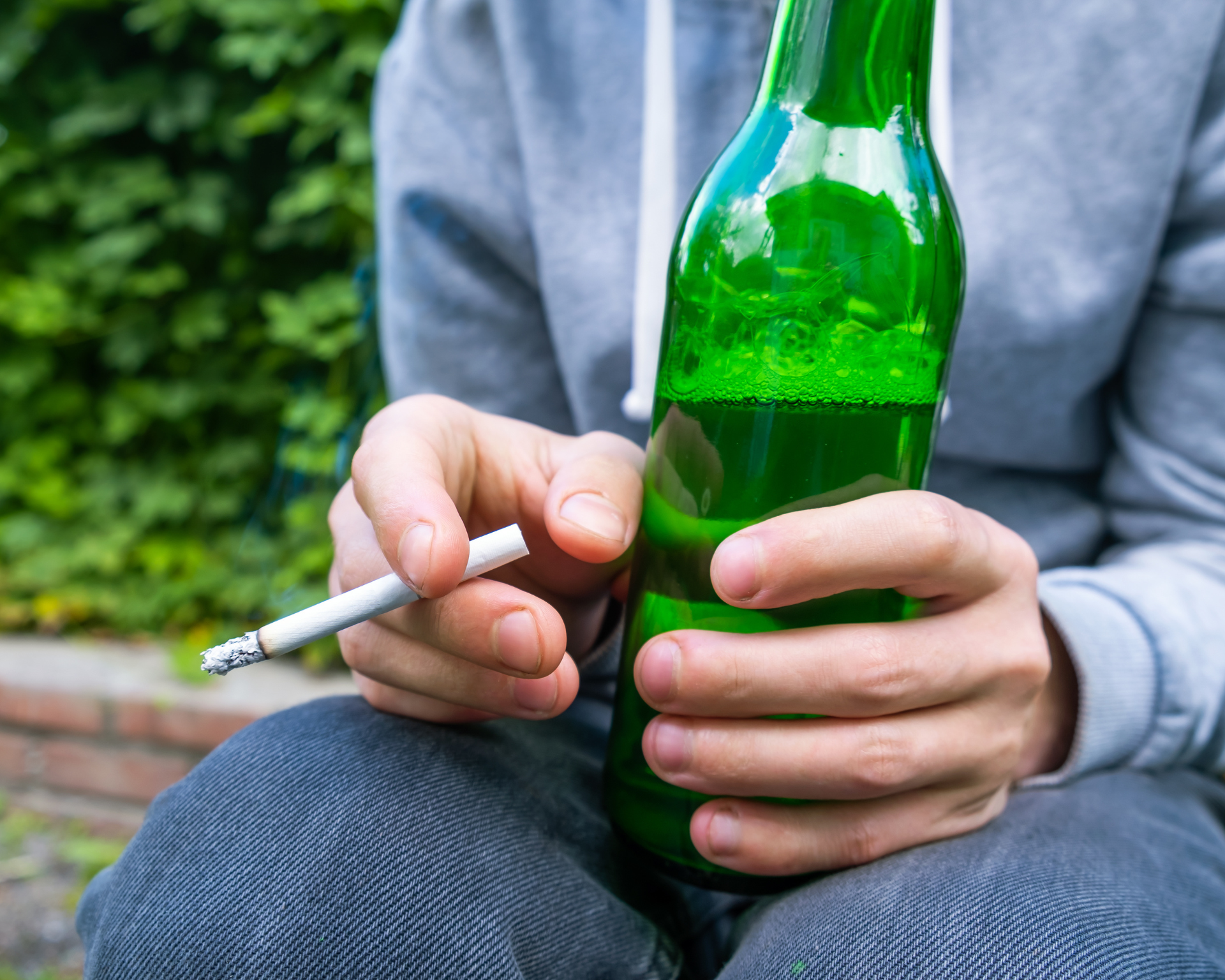Harms of Buzzed Betting
Research shows that combining sports betting with drinking raises the risk of alcohol misuse, especially among young adults.

Read Time: 2 minutes
Published:
From the ancient Olympics in Greece to 19th century horse racing to 21st century point spreads, sports enthusiasts have been betting on sports. For as long as sports have existed, fans have enjoyed the thrill of picking winners and losers, sometimes forming unhealthy habits and risking their financial well-being.
Sports betting was legalized in the United States in 2018 and has flourished. Today, 19% of 21 to 34-year-olds bet on sports every week, primarily through online platforms like FanDuel, DraftKings, and BetMGM.
While sports betting is an ancient practice, it has only recently been recognized as a behavioral addiction akin to substance use disorders. Like smoking cigarettes and drinking alcohol, sports betting can be considered compulsive and problematic.
Like sports betting, alcohol consumption is deeply embedded in sports culture, with 51% of sports fans binge drinking during sporting events. Research has already established a connection between alcohol use and traditional gambling at casinos. Recent studies extend this finding, showing that combining alcohol with sports betting raises the risk of alcohol misuse.

Scott Graupensperger and colleagues surveyed 221 sports bettors with an average age of 24 years old. They were recruited via social media. Participants completed the Problem Gambling Severity Index and the Alcohol Use Disorder Identification Test (AUDIT) test. Higher scores on each test indicate more severe dependence.
Researchers asked participants to report how often they drank and sports bet on the same day in the past two weeks, grouping them by their frequency of these behaviors.
The graph to the right demonstrates the relationship between problem sports betting scores and hazardous alcohol use measured by AUDIT scores. It also compares findings across groups with different frequencies of same-day drinking and betting. The relationship between problem sports betting and hazardous alcohol use was strongest in the group that drank and bet on six of the previous 14 days (shown in orange), meaning this group was most prone to alcohol misuse.
While compulsive sports betting and alcohol misuse are ancient challenges, research-informed interventions can address the motives for drinking among young people to help them drink and bet safely.



